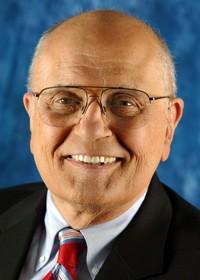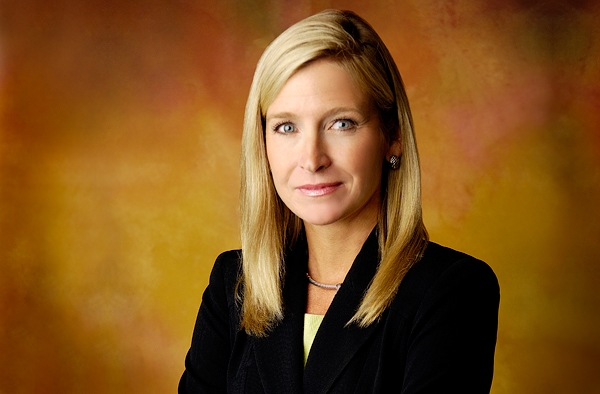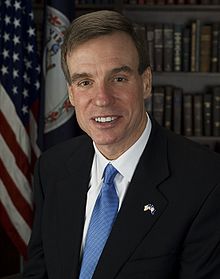This week as we gather with family and friends to celebrate all we have to be thankful for, take a moment to consider how fortunate we are as a nation to have knowledgeable, experienced professionals working together with elected officials to produce sound public policy. That’s right – be thankful for lobbyists.
No, we’re not kidding.
Yes, advocacy as a trade, and lobbyists in particular, have long played a popular villain in the media and on the campaign trail, and like any industry there are ample bad actors that can be used to support that narrow view. The facts are far less sinister though: professional advocates play a critical role in our government, one that affects nearly every aspect of our daily lives, and even holidays.
However you decide to travel to your destination this Thanksgiving, local and federal lobbyists have played a role. Advocates have fought to modernize your roads and keep the planes you fly in safe.
When you’re at the local supermarket picking up this year’s turkey and other foods that make this holiday so delicious, consider the men and women working for the farmers, the transporters, the grocers, and the consumers to ensure your food is safe, affordable, and plentiful.
Even as you doze off on the couch with one eye on the football game, advocates play a role. They’re working for the NFL, the players, the cable providers, and many others, to produce the product we enjoy every week.
All of this is possible because of the fundamental right as Americans to petition our government. Whether you’re a seasoned professional advocate or a concerned citizen, the First Amendment to the Constitution guarantees your right to be a lobbyist.
That’s something we can all be thankful for.
 The Bryce Harlow Foundation is excited to award Lindsey Mears with the winning paper from the Ethics in Lobbying Workshop. Ms. Mears is a recent graduate of the Masters degree program in Political Communication at American University. She participated in the Ethics in Lobbying Workshop to enhance her understanding of both the perception and legislation of lobbying activity. She is currently working at an advocacy nonprofit and wants to continue working in issue advocacy.
The Bryce Harlow Foundation is excited to award Lindsey Mears with the winning paper from the Ethics in Lobbying Workshop. Ms. Mears is a recent graduate of the Masters degree program in Political Communication at American University. She participated in the Ethics in Lobbying Workshop to enhance her understanding of both the perception and legislation of lobbying activity. She is currently working at an advocacy nonprofit and wants to continue working in issue advocacy.


